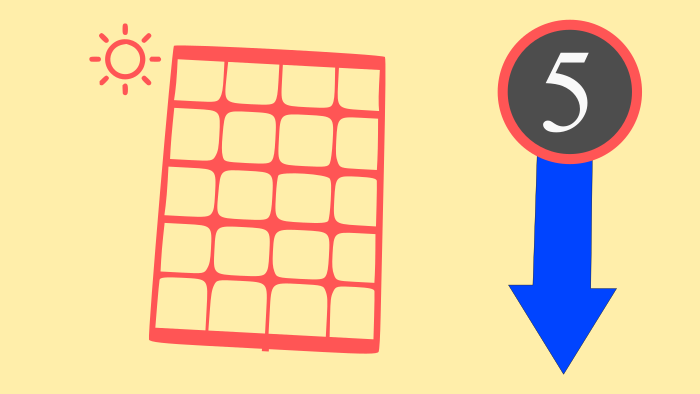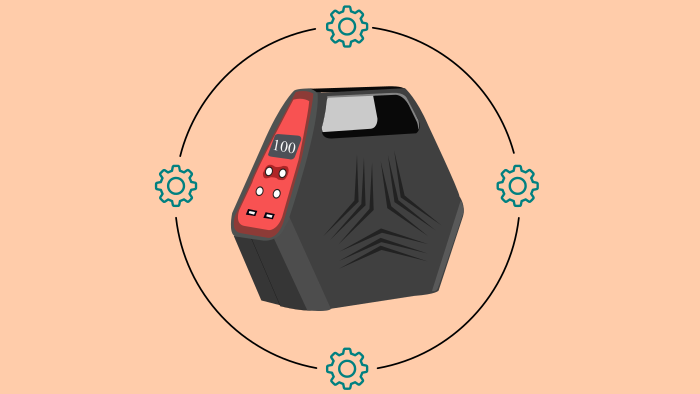If you’ve recently purchased a generator or are thinking of buying one, you may be wondering whether you can plug your devices directly into the generator. While generators are a great backup power source, it’s essential to know how to use them safely and effectively.
In this comprehensive guide, we’ll answer all your questions about plugging things directly into a generator and provide you with some essential tips for using your generator correctly.
Introduction
Generators are a popular backup power source during power outages or when you’re camping in remote areas. They provide a reliable source of power, but it’s important to know how to use them safely and effectively. One of the most common questions people have about generators is whether they can plug their devices directly into them. In this guide, we’ll answer that question and provide you with some essential tips for using your generator safely.
Can You Plug Things Directly into a Generator?
The short answer is yes; you can plug things directly into a generator. However, there are some important things to consider before doing so.
Firstly, you need to ensure that the devices you’re plugging in can handle the power output of the generator. Generators come in different sizes and power outputs, so it’s important to choose the right generator for your needs. If you’re unsure about the power requirements of your devices, check the label or consult the manufacturer’s website.
Secondly, you need to ensure that the generator has the correct outlets for your devices. Most generators come with standard 120-volt outlets, which are suitable for most household appliances and electronics. However, if you need to power larger devices, such as RV air conditioners or power tools, you may need a generator with 240-volt outlets.
Finally, it’s essential to use the correct extension cords when plugging devices into a generator. The cords should be rated for outdoor use and have the correct gauge to handle the power output of the generator. Using the wrong extension cords can result in power loss, damage to your devices, or even electrical fires.
Essential Tips for Using a Generator
Using a generator is relatively simple, but there are some essential tips you should keep in mind to ensure your safety and the safety of your devices.
1. Choose the Right Generator
As mentioned earlier, choosing the right generator is crucial. Consider your power requirements and the devices you need to power before purchasing a generator. If you’re unsure, consult with an expert or read the manufacturer’s specifications carefully.
2. Set Up the Generator Correctly
Before starting the generator, ensure that it’s on a flat, level surface and at least 10 feet away from your home or any other structure. Make sure that the exhaust is facing away from your home and that the generator is properly grounded. Failure to set up the generator correctly can result in carbon monoxide poisoning, electrical shock, or fire.
3. Use the Correct Extension Cords
As mentioned earlier, using the correct extension cords is crucial when plugging devices into a generator. Ensure that the cords are rated for outdoor use and have the correct gauge to handle the power output of the generator. Using the wrong extension cords can result in power loss, damage to your devices, or even electrical fires.
4. Turn Off the Generator Before Refueling
Never refuel a running generator. Turn it off and allow it to cool down before adding fuel. Spilled fuel can ignite on a hot engine, causing
a fire or explosion. It’s also essential to store fuel in a safe, dry, and ventilated area away from heat sources or open flames.
5. Maintain Your Generator
Regular maintenance is crucial to keep your generator running efficiently and safely. Follow the manufacturer’s instructions for maintenance, including oil changes, air filter cleaning/replacement, and spark plug inspection/replacement.
6. Use the Generator Safely
When using a generator, always keep an eye on it. Never leave it unattended while it’s running. Don’t overload the generator, and don’t use it in wet conditions. Keep it away from children and pets, and never touch it with wet hands.
FAQs
- Can you plug a refrigerator directly into a generator?
Yes, you can plug a refrigerator directly into a generator, but you need to ensure that the generator has enough power output to handle the refrigerator’s electrical requirements.
- Can you plug a TV directly into a generator?
Yes, you can plug a TV directly into a generator, but you need to ensure that the generator has enough power output to handle the TV’s electrical requirements.
- Can you plug a laptop directly into a generator?
Yes, you can plug a laptop directly into a generator, but you need to ensure that the generator has enough power output to handle the laptop’s electrical requirements.
- Can you plug multiple devices into a generator at once?
Yes, you can plug multiple devices into a generator at once, but you need to ensure that the generator has enough power output to handle all the devices’ electrical requirements.
- Can you plug a generator into a wall outlet?
No, you cannot plug a generator into a wall outlet. Doing so can cause backfeeding, which can result in electrical shock, fire, or damage to your home’s electrical system.
- Can you plug a generator into a power strip?
No, you should not plug a generator into a power strip. Power strips are not rated for the high power output of a generator and can overheat or catch fire.
Conclusion
In conclusion, you can plug things directly into a generator, but you need to ensure that you use the correct extension cords and that the devices you’re plugging in can handle the generator’s power output. Additionally, it’s essential to use the generator safely and follow the manufacturer’s instructions for maintenance. By following these tips, you can enjoy the convenience of a backup power source without putting yourself or your devices at risk.


